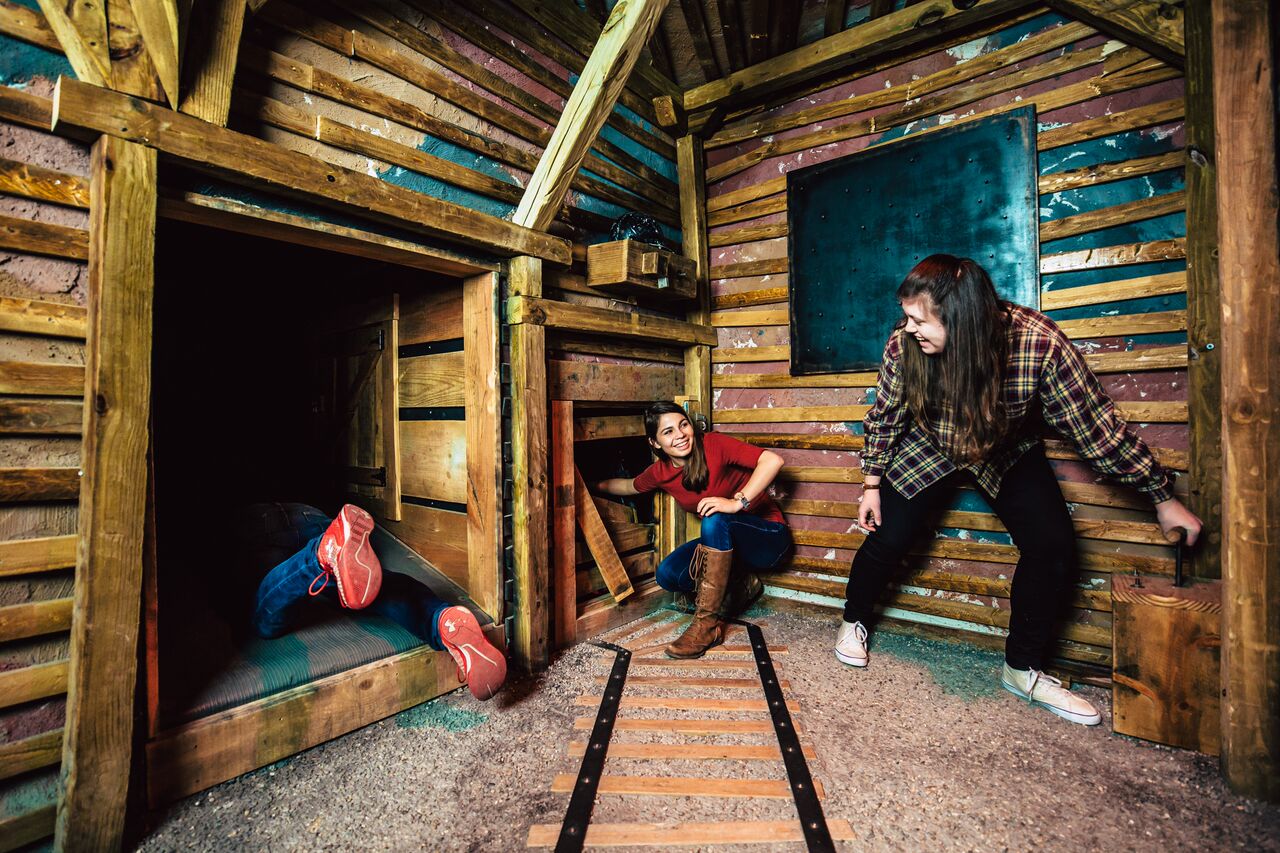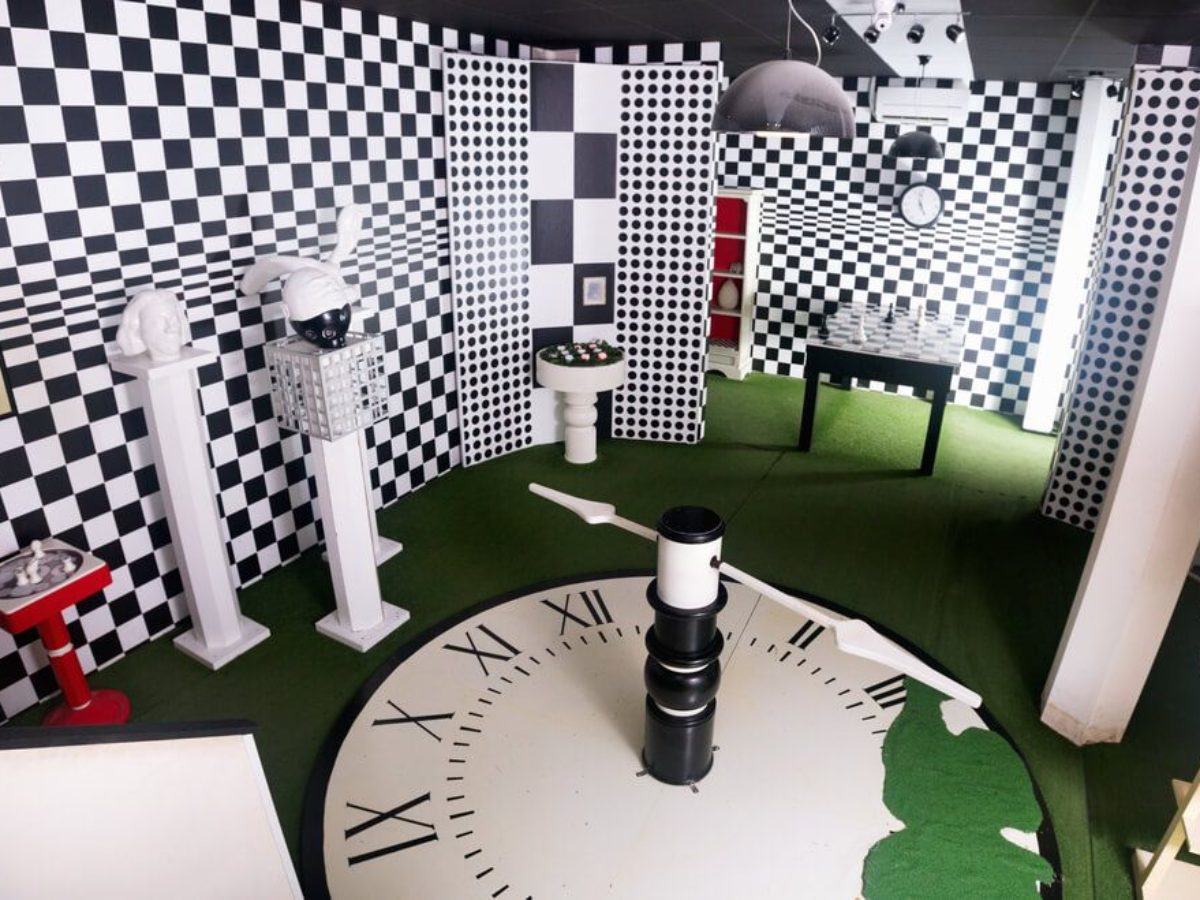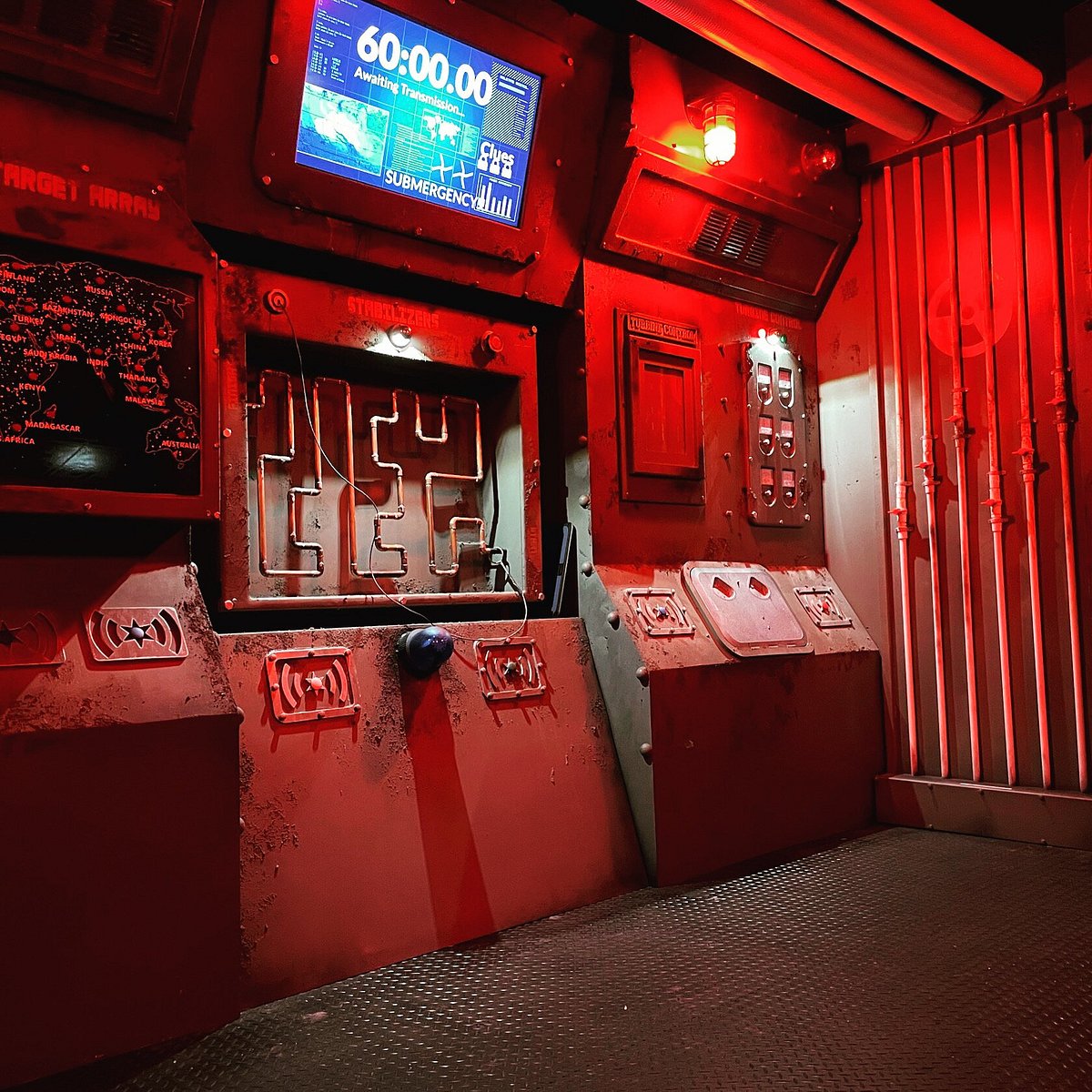Best Escape Room Experience-- Exciting Gamings and Puzzles for Groups
Best Escape Room Experience-- Exciting Gamings and Puzzles for Groups
Blog Article
Team Methods: How to Team up Efficiently in an Escape Area
Browsing the intricacies of an escape room necessitates greater than plain excitement; it needs a well-coordinated technique grounded in clear communication, tactical role assignments, and experienced time monitoring. Teams must proactively listen to every member's insights, appoint functions that line up with individual toughness, and preserve regular check-ins to ensure emphasis and stop redundancy. By promoting an environment that values communication and versatility, teams can dramatically enhance their effectiveness and success prices. The nuances of these strategies can change the experience, however just how precisely can they be executed to optimize the capacity for success?
Establish Clear Communication

To promote clear communication, it is important to assign a main point of get in touch with for details dissemination. Brief, concentrated updates from each group member can keep the team notified without frustrating them with details.

Assign Duties Tactically
While clear interaction establishes the foundation for effective teamwork, designating duties strategically ensures that each employee's toughness are used effectively. In an escape room scenario, the time-sensitive and intricate nature of challenges necessitates a well-organized approach to job delegation. By recognizing and leveraging private proficiencies, teams can enhance their analytical capacities and boost overall performance.
Someone with an eager eye for detail might excel in discovering concealed items, while a logical thinker might be much better matched to addressing puzzles. This role often calls for solid organizational and social skills.
Second, make certain that roles are adaptable and versatile. As brand-new obstacles arise, the group should be able to pivot, reallocating jobs as called for. This adaptability aids preserve energy and prevents bottlenecks that might happen as a result of rigid role projects.
Ultimately, a calculated strategy to function assignment not only maximizes the toughness of each team participant however likewise fosters a natural atmosphere, driving the group in the direction of a successful escape.
Make Use Of Diverse Skills
Identifying and harnessing the varied abilities within your team can significantly raise your performance in a retreat room. Each employee brings special strengths to the table, and successfully leveraging these abilities can quicken analytical and enhance general efficiency. A group member with solid logical abilities might succeed at figuring out intricate codes or patterns, while another with eager observational abilities may rapidly identify hidden ideas that others may overlook.
Encourage team participants to articulate their insights and ideas quickly, guaranteeing that all potential services are considered. Furthermore, appointing tasks that line up with each participant's strengths can avoid bottlenecks and ensure that progress is continual.
Furthermore, variety in skills frequently converts to diversity in believing designs, which is indispensable in an escape space setup. While some obstacles may require rational thinking and precision, others may take advantage of imaginative and side thinking. By identifying and leveraging this variety, groups can deal with a broader series of difficulties more successfully, therefore enhancing their possibilities of a successful escape.
Manage Time Properly

First, designate preliminary mins for a quick study of the space. Recognize noticeable puzzles and separate jobs based upon group participants' toughness, guaranteeing that no one is still. Establish inner time checkpoints to examine progression occasionally; for example, aim to have half the puzzles resolved by the mid-point of the game. This method can help maintain the team concentrated and stop time from sliding away unnoticed.
Furthermore, avoid one-track mind. If a problem is taking as well long, try this out rotate team members or carry on to an additional difficulty, returning later on with fresh viewpoints. Interaction is vital-- keep every person updated on solved puzzles and staying tasks to prevent repetitive initiatives.
Finally, make use of any hints or hints moderately however tactically - best escape room. Understanding when to request assistance can conserve beneficial time. By sticking to these time management principles, teams can significantly improve their possibilities of an effective and satisfying getaway area experience
Debrief and Reflect
Reflection is a necessary facet of group growth and improvement in the context of getaway rooms. Once the challenge is finished, whether efficiently or not, it is critical for the group to engage in an organized debriefing session. This process allows employee to evaluate their performance, determine toughness, and identify areas for renovation.
Begin the debrief by about his reviewing what went well. Highlight specific instances of efficient communication, analytic, and cooperation. Identifying these positive actions reinforces them and motivates their repetition in future difficulties.
Review moments of complication, miscommunication, or inadequate approaches. Encourage an open and useful discussion where group participants can share their viewpoints without fear of criticism.
Verdict
To conclude, effective collaboration in an escape room is predicated upon clear interaction, tactical role tasks, the reliable utilization of diverse abilities, and skillful time monitoring. Normal check-ins and organized debriefings are important for keeping focus and promoting constant renovation. By creating a natural and adaptive group atmosphere, the chance of efficiently resolving puzzles and accomplishing the goal of leaving the space is considerably enhanced. This strategy not just ensures success however additionally site link advertises collective development and discovering.
Report this page